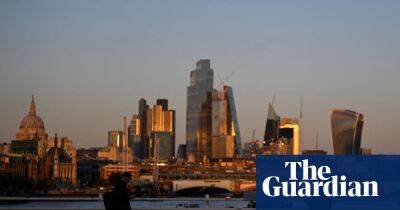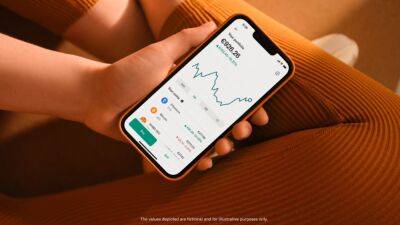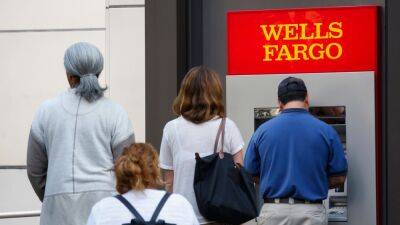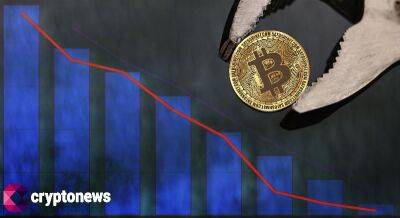The Bank of England’s lifeboat is in choppy waters with its bond buying
Pension funds have found themselves embroiled in a byzantine world of exotic financial trading that many of them appear to have badly misunderstood.
On Tuesday, a third rescue mission in little more than a fortnight was announced by the Bank of England, which is reprising its role in the 2008 financial crisis as the City’s lifeboat.
Officials said they would widen the scope of an emergency bond-buying to include £5bn of index-linked bonds, alongside the purchase of up to £65bn worth of conventional government bonds targeted in the first two rescue missions. The intervention was about shoring up pension funds, which had been selling government bonds in order to meet demands for cash from their lenders.
Echoing its own words from two weeks ago, the Bank warned that “dysfunction” in the bond market was a material risk to the financial stability of the UK economy.
The pension funds turning to the Bank for help are those which hold gold-plated final salary schemes, under which employers are obliged to make up any shortfall between what members are entitled to on retirement and the amount of cash available from investments. These funds bought liability-driven investing (LDI) schemes from banks and investment firms to hedge their exposure to retirement payments over the next 30 years, and also to release some spare funds to gamble on riskier equities and property.
After the panic caused by the mini-budget, the core assets owned by pension schemes – UK government bonds – collapsed in value, triggering a cascade of bond sales to shore up promises made to LDI providers to make up any shortfalls beyond a certain level.
The Bank of England created a £65bn facility to act as the buyer of last resort. A week later it let the world know it
Read more on theguardian.com









![Binance Coin [BNB] offers an attractive buying opportunity here](https://finance-news.co/storage/thumbs_400/img/2022/10/20/45652_m3flp.jpg)




![Assessing Shiba Inu’s [SHIB] probable response to this breakout](https://finance-news.co/storage/thumbs_400/img/2022/10/19/45597_ynjik.jpg)

